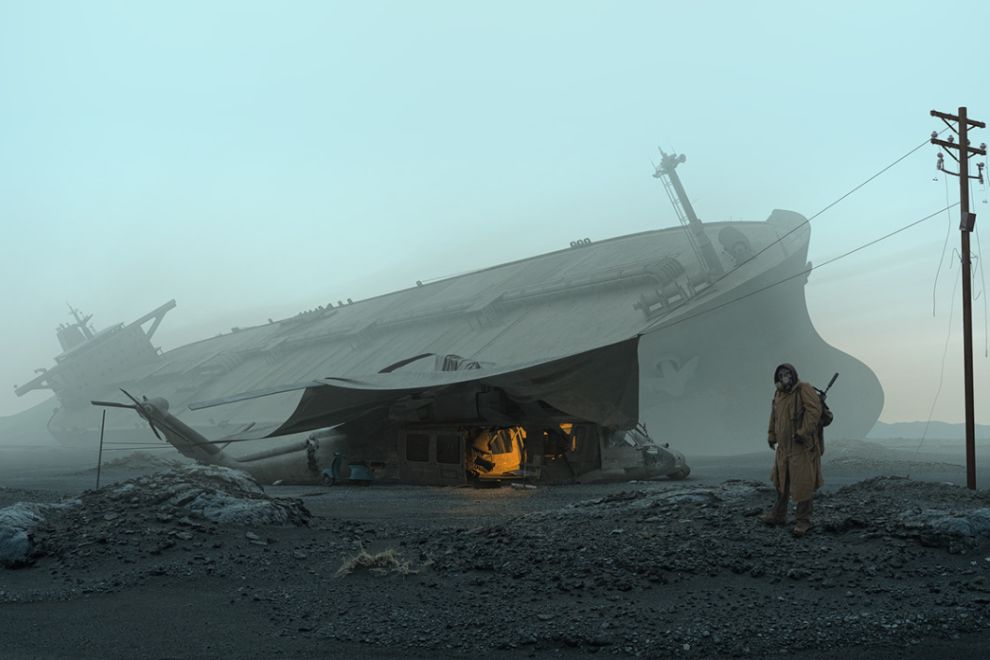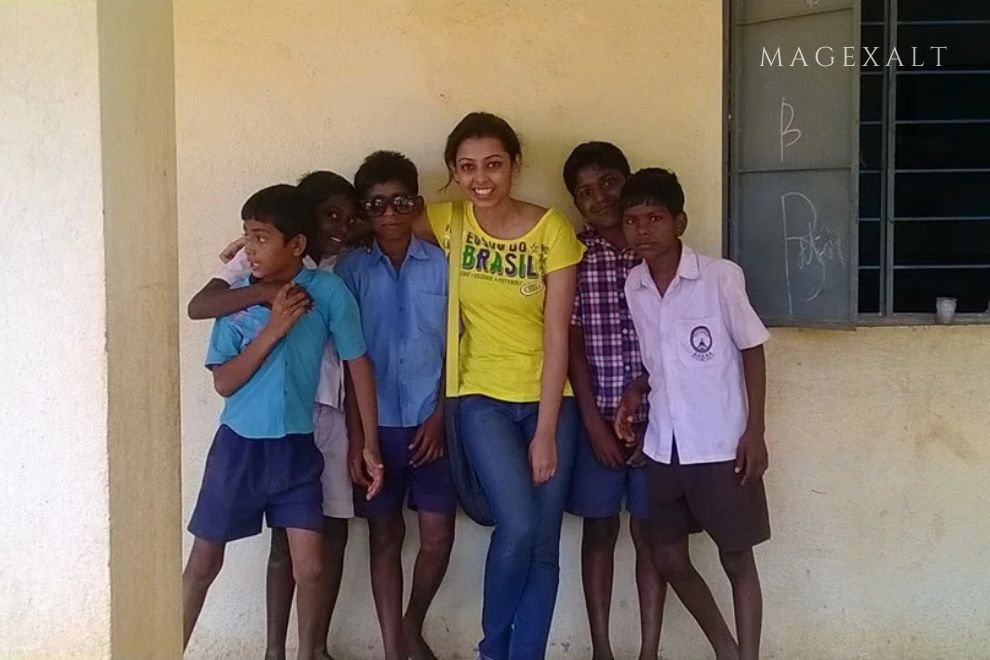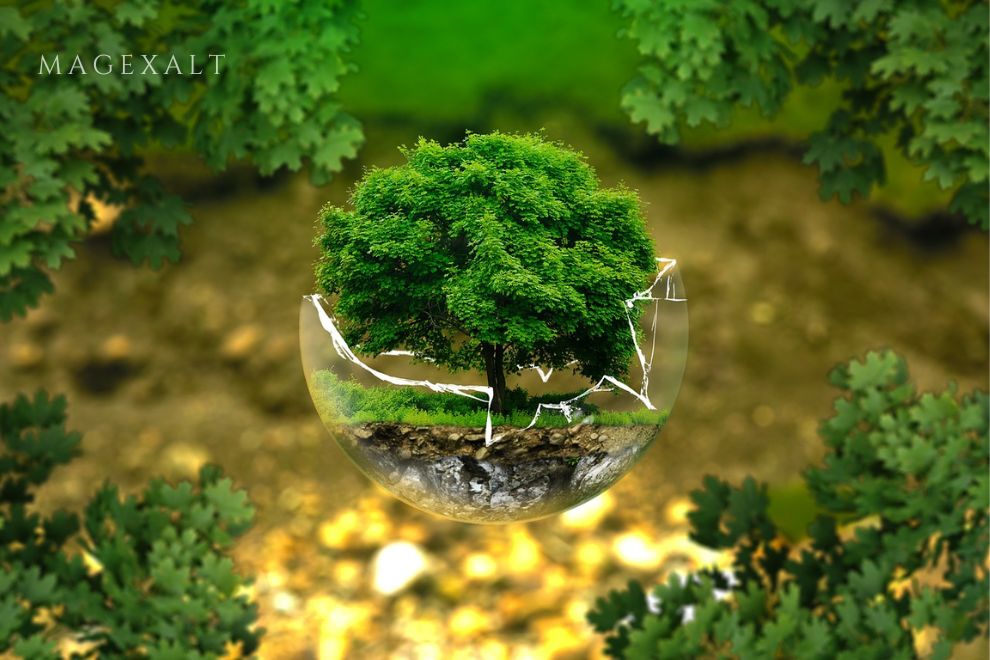The Gaza Strip, a small but densely populated region along the Mediterranean coast, is home to over two million Palestinians. Over the years, Gaza has been at the epicenter of the Israeli-Palestinian conflict, enduring repeated cycles of violence, economic blockade, and severe humanitarian crises. The question of why we should save Gaza is not just a matter of geopolitical strategy but one of profound human and moral significance.
Humanitarian Imperative
First and foremost, the humanitarian crisis in Gaza demands immediate attention and action. Gaza’s residents face extreme hardships, including widespread poverty, food insecurity, lack of clean water, and inadequate medical care. According to various human rights organizations, the blockade imposed by Israel and Egypt has severely restricted the flow of goods and people, exacerbating these conditions.
The United Nations has repeatedly warned that Gaza could become unlivable if the situation does not improve. Saving Gaza means addressing these dire humanitarian needs and ensuring that the basic rights and dignity of its people are upheld.
Protection of Human Rights
The plight of Gaza is also a pressing human rights issue. The people of Gaza live under conditions that many international observers and legal experts have described as a form of collective punishment. Frequent military incursions and the continuous blockade infringe upon the fundamental rights to life, liberty, and security.
Children in Gaza are particularly vulnerable, growing up in an environment marked by trauma, limited educational opportunities, and restricted freedom. Advocating for Gaza is advocating for the protection of these universal human rights, ensuring that every individual can live without fear and with access to essential services.
Promoting Peace and Stability
Saving Gaza is crucial for broader regional and global stability. The Israeli-Palestinian conflict has far-reaching implications, influencing politics and security across the Middle East and beyond. Continued strife in Gaza fuels anger, resentment, and extremism, which can destabilize neighboring countries and contribute to global insecurity.
By addressing the root causes of the conflict and supporting a peaceful resolution, we can help foster a more stable and secure environment. Peace in Gaza would represent a significant step towards a more harmonious Middle East, reducing tensions and promoting cooperation.
Moral Responsibility
From a moral standpoint, the international community has a duty to intervene in situations where severe injustices occur. The principle of global solidarity compels us to act when we see fellow human beings suffering. The people of Gaza, largely trapped in a cycle of violence and deprivation through no fault of their own, need the support and intervention of the global community. This is not merely a charitable act but a fundamental moral obligation to stand against oppression and to support the vulnerable.
Empowering Future Generations
The children of Gaza represent hope for the future, but they face immense challenges. By saving Gaza, we are investing in these young lives, ensuring they have the opportunity to grow, learn, and contribute positively to their community and the world. Education, mental health support, and opportunities for growth are critical to breaking the cycle of poverty and violence. Empowering the youth of Gaza can lead to a generation that strives for peace and prosperity rather than perpetuating conflict.
Upholding International Law
The situation in Gaza also poses significant questions about international law and the enforcement of global norms. The blockade and military actions often contravene international humanitarian law, including conventions on the protection of civilians during wartime. By advocating for Gaza, we support the broader enforcement of international legal standards, ensuring that countries are held accountable for actions that violate these norms. This is essential for maintaining a rules-based international order that protects all individuals, regardless of where they live.
Economic and Cultural Preservation
Gaza has a rich cultural heritage and potential for economic development that is stymied by ongoing conflict. Saving Gaza means not only providing immediate humanitarian relief but also supporting long-term development. With stability and peace, Gaza could thrive economically, leveraging its strategic location and industrious population. Cultural preservation is equally important, as Gaza’s heritage is an integral part of the broader Palestinian and regional history.






